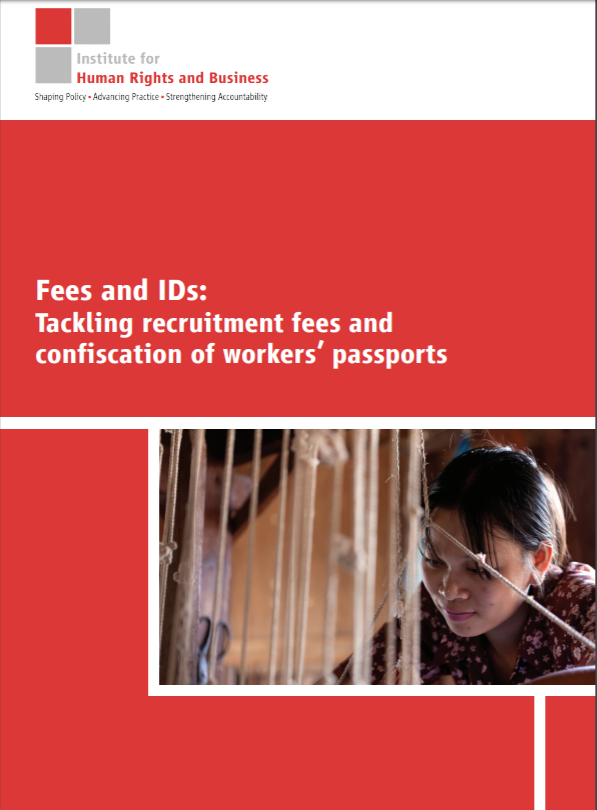Anti-Trafficking Review: Public Perceptions and Responses to Human Trafficking
PublicationsThis Special Issue of the Anti-Trafficking Review reflects the growing unease and disagreements among anti-trafficking practitioners and scholars about the current state of public awareness and perceptions of human trafficking: how and by ...Read More

